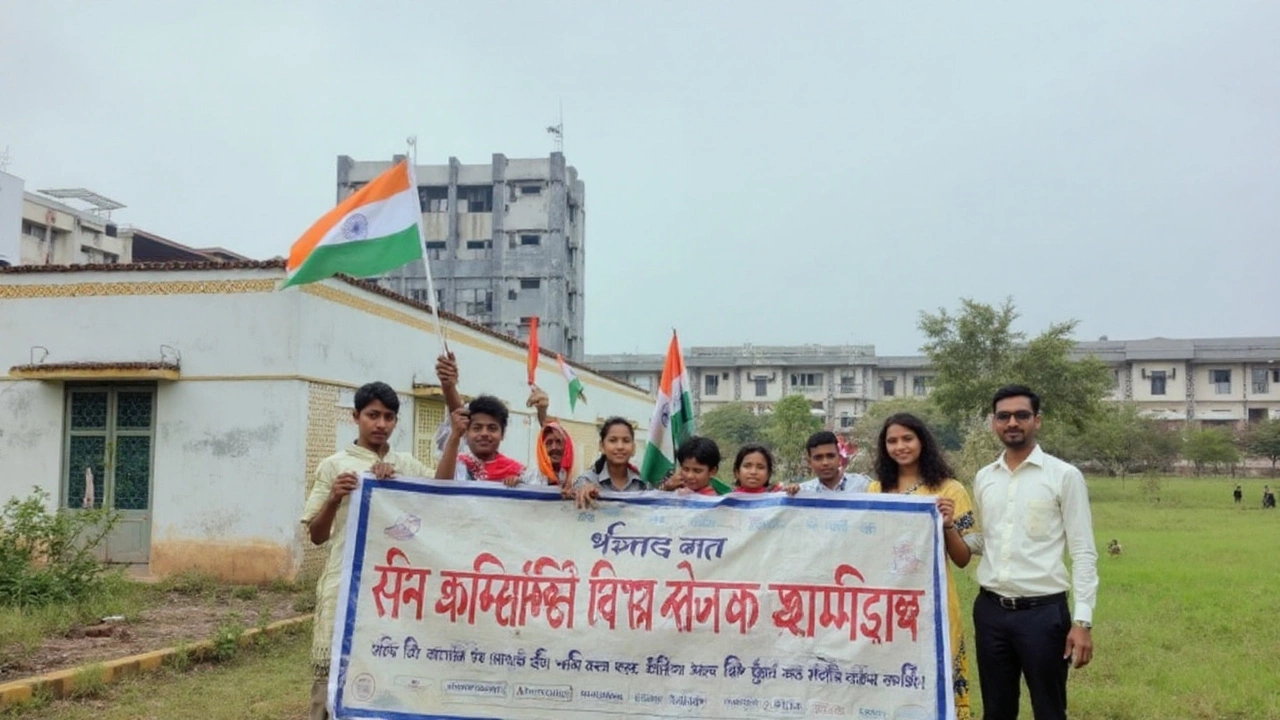Kakori Train Action: What Happened and Why It Still Matters
In August 1925 a group of Indian revolutionaries stopped a passenger train near Kakori, Uttar Pradesh, and looted its government funds. The bold move was called the Kakori Train Action and quickly became a symbol of anti‑colonial resistance.
The Planning and the Heist
The plan was hatched by members of the Hindustan Republican Association, including Ram Prasad Bismil, Ashfaqulla Khan and Chandramal Joshi. They chose a night when the train carrying treasury money would pass a quiet bridge. Using manually tied ropes, they halted the carriage, broke the lock and grabbed about 3,500 rupees—a huge sum back then.
Immediate Aftermath
The British police launched a massive crackdown. Over a hundred suspects were arrested, and a high‑profile trial began in 1926. Bismil, Ashfaqulla, Rajendra Lal and others were sentenced to death, while many younger members got long prison terms.
The executions shocked the nation. Newspapers covered the trial in detail, and the martyrs quickly became folk heroes. Their sacrifice inspired later freedom fighters and gave a boost to the broader non‑violent movement by highlighting the depth of Indian anger.
Beyond the drama, the Kakori raid exposed weaknesses in the colonial railway security. The British tightened guard protocols, introduced armed escorts on cash‑carrying trains, and invested in better communication between stations.
Legacy in Modern India
Today, the Kakori Train Action is taught in schools as a daring act of rebellion. Memorials in Kakori and museums across the country display photos, original rope pieces and letters written by the conspirators. The story is also a reminder that resistance can take many forms—not just peaceful protests.
For anyone interested in Indian history, the raid offers a quick look at how ordinary people turned a simple train journey into a political statement. It shows how a small group, driven by a clear purpose, can challenge a powerful empire.
If you ever travel through Uttar Pradesh, keep an eye out for the plaque near Kakori station. It’s a small stone with a big story—one that still fuels discussions about justice, sacrifice, and the price of freedom.
Understanding the Kakori Train Action helps us see why everyday acts of defiance matter. It reminds us that change often starts with a single bold step, even if that step involves stopping a train.
